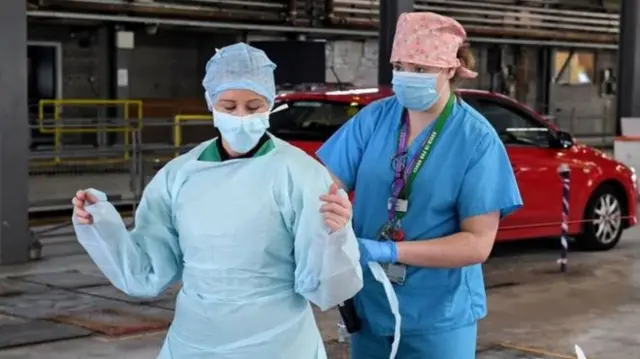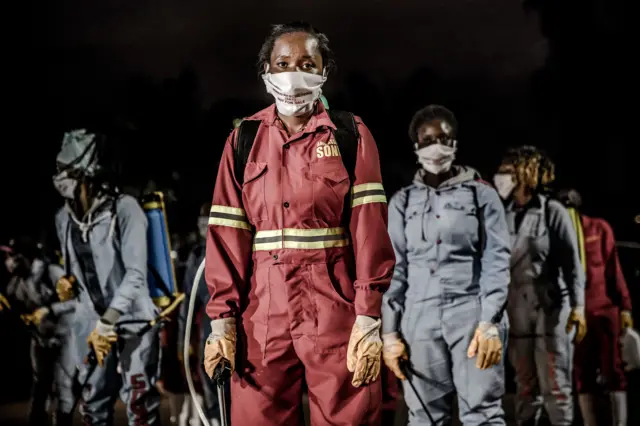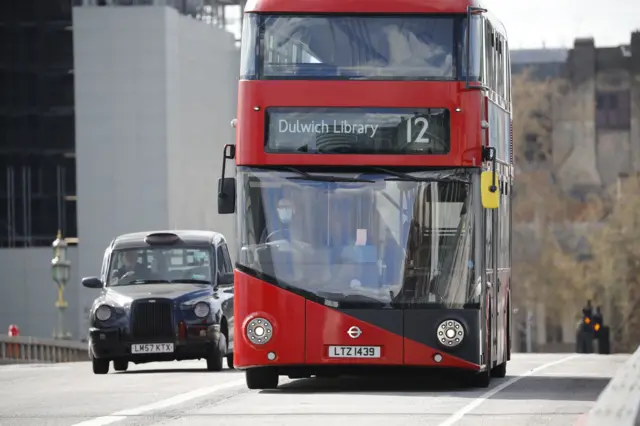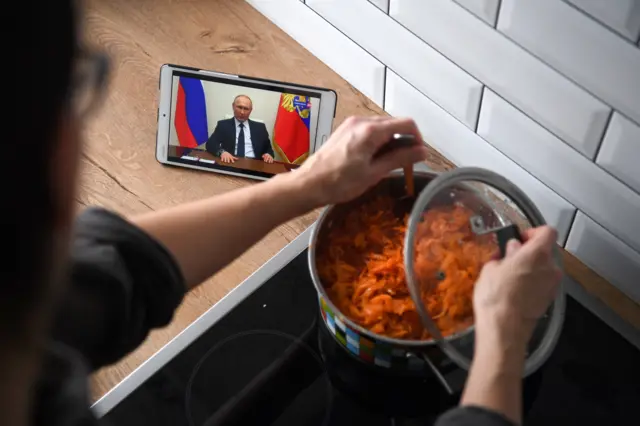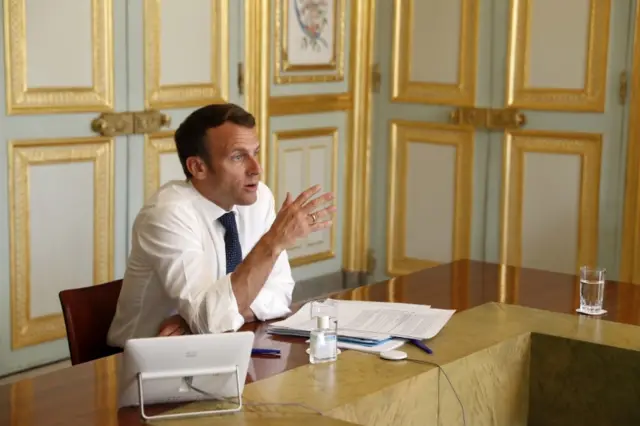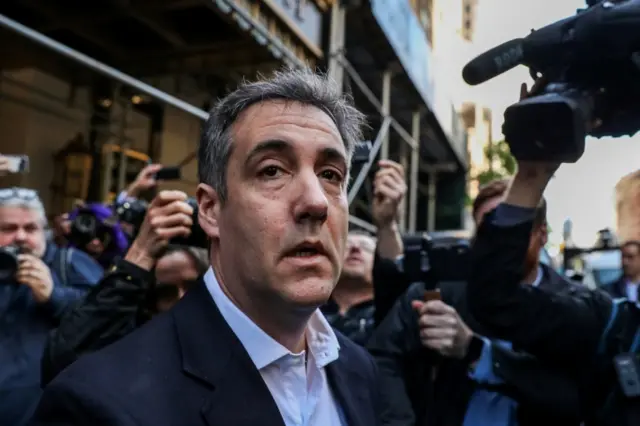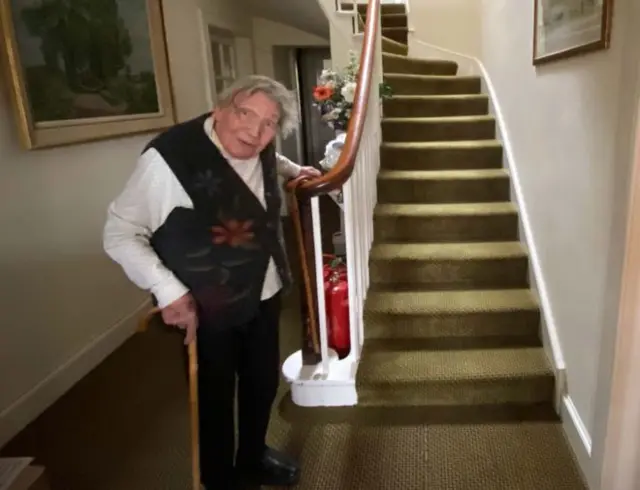How to self-isolate and socially distance properlypublished at 10:10 BST 17 April 2020
Around the world, self-isolation and social distancing have been adopted as essential measures to stop the virus spreading.
Here's how to do both properly, based on UK guidelines. And if you don't need the info - maybe sharing it will reach those who still don't seem to know what two metres looks like...
Coronavirus: How to self-isolate
Coronavirus UK: What is social distancing?
